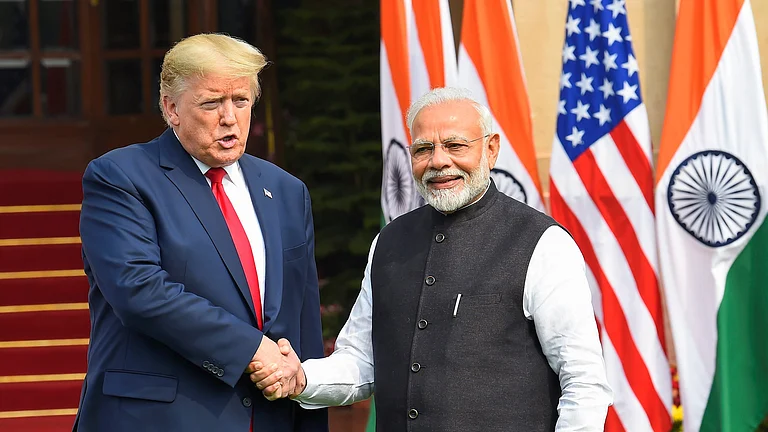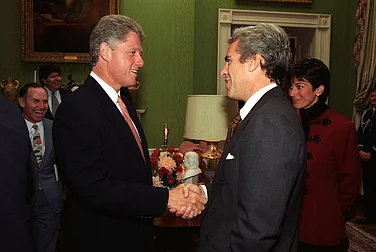Iran's parliament approved a bill to impose heavier penalties on women who refuse to wear Hijab – the Islamic headscarf – in public and those who support them. The move came just four days after the death anniversary of Mahsa Amini, a 22-year-old woman killed in custody after being detained by the infamous ‘morality police’ for violating the country's dress code.
Her death had ignited months of widespread protests with many demanding the overthrow of Iran's theocracy.
In Iran, it is mandatory for women to wear Hijab in public. They are also barred from wearing form-fitting clothing or clothes that show skin. The mingling with the opposite gender is also regulated in public spaces.
The United Nations (UN) experts have criticised Iran's proposed hijab law could amount to "gender apartheid".
A 70-item bill approved by 152 lawmakers in the 290-seat parliament of Iran now extends punishments to business owners who serve women not wearing the Hijab and also to activists organising against it. The bill requires ratification by the Guardian Council, a clerical body that serves as a constitutional watchdog. It would take effect for a preliminary period of three years.
Once implemented, violators of the Hijab law can face up to 10 years in prison.
While Iran is no stranger to protests, the demonstrations the country witnessed following Amini's death on September 16, 2022, was something unprecedented. The protests after Amini's death were centred around the rights of women – staged by women, for women.
The 'Women, Life, Freedom' became the rallying cry of the movement and fear of the regime appeared to have been over with people —primarily women— willing to risk it all to take a stand.
The protests, however, died down early this year following a heavy crackdown on dissent in which more than 500 protesters were killed and over 22,000 detained.
But women in Iran continued to flout the rules on wearing hijab, prompting a new campaign to enforce them over the summer. Iran's clerical rulers view the hijab law as a key pillar of the Islamic Republic and blamed the protests on Western nations, without providing evidence. Those protesting against the Hijab law said they were motivated by anger over the dress code as well as what they see as the corruption and poor governance of the country's ruling clerics.


























